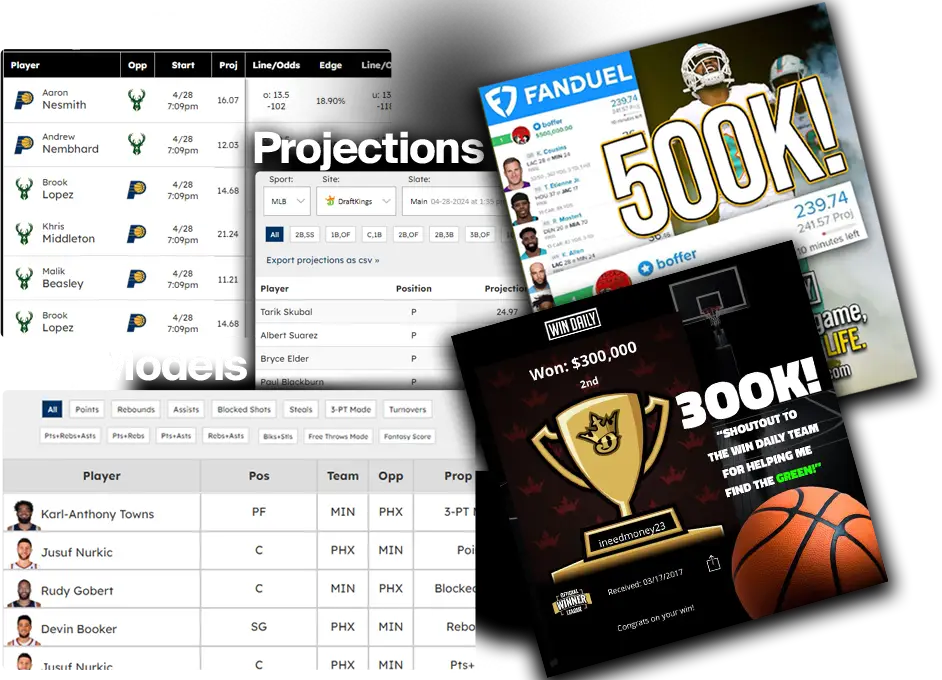Betting on NFL Wild Card games involves understanding the unique dynamics of the playoffs, where the stakes are higher and the competition is fierce. These games often feature closely matched teams, making it essential to consider various factors to make informed bets. Here’s a comprehensive guide on how to bet on NFL Wild Card games effectively.
Key Factors to Consider in Wild Card Games
- Team Form and Momentum
- Injury Reports and Player Availability
- Head-to-Head Matchups
- Coaching and Playoff Experience
- Home Field Advantage
- Weather Conditions
- Betting Lines and Market Movements
- Public Perception and Betting Trends
1. Team Form and Momentum
Importance: Teams entering the playoffs with strong momentum can often carry that success into Wild Card games.
Tips:
- Recent Performance: Analyze the last few games of the regular season to gauge current form.
- Streaks: Look for teams on winning or losing streaks.
Example: Betting on a team that has won its last few games convincingly and is showing strong form.
2. Injury Reports and Player Availability
Importance: Player availability and health are crucial in high-stakes games like the Wild Card round.
Tips:
- Monitor Injury Reports: Check for updates on key players throughout the week.
- Assess Impact: Consider how the absence or presence of key players might affect the game.
Example: Avoiding a bet on a team missing its starting quarterback or key defensive players due to injury.
3. Head-to-Head Matchups
Importance: Understanding how teams match up against each other can provide valuable insights.
Tips:
- Past Meetings: Review recent head-to-head matchups to identify trends and performance.
- Matchup Strengths and Weaknesses: Consider how each team’s strengths align with the opponent’s weaknesses.
Example: Betting on a team that has consistently outperformed its Wild Card opponent in recent matchups.
4. Coaching and Playoff Experience
Importance: Experienced coaching can make a significant difference in playoff games.
Tips:
- Coaching Records: Evaluate the playoff records of the head coaches.
- Strategic Adjustments: Consider the ability of coaching staffs to make effective in-game adjustments.
Example: Favoring a team with a head coach who has a strong track record in playoff games.
5. Home Field Advantage
Importance: Playing at home can provide a significant edge, especially in the playoffs.
Tips:
- Home Performance: Analyze the home team’s performance at home during the regular season.
- Crowd Impact: Consider the potential impact of a loud and supportive home crowd.
Example: Betting on the home team if they have an outstanding home record and a significant home-field advantage.
6. Weather Conditions
Importance: Weather can play a crucial role in determining the outcome of outdoor games.
Tips:
- Weather Forecast: Check the weather forecast leading up to the game.
- Team Adaptability: Assess how well each team can adapt to adverse weather conditions.
Example: Betting the under on total points if heavy snow and wind are expected, which might limit scoring opportunities.
7. Betting Lines and Market Movements
Importance: Betting lines can move significantly based on public perception and betting action.
Tips:
- Monitor Line Movements: Track how lines change throughout the week.
- Identify Value Bets: Look for opportunities where the line has moved in a way that creates value.
Example: Betting on an underdog early if you expect the line to move against them due to heavy public betting on the favorite.
8. Public Perception and Betting Trends
Importance: Public sentiment can influence betting lines, creating opportunities for contrarian bets.
Tips:
- Fade the Public: Consider betting against the public, especially when there is heavy action on one side.
- Monitor Betting Percentages: Use tools to see where the majority of bets and money are being placed.
Example: Betting on a less popular team if the public heavily favors the opponent, but sharp money supports the underdog.
Practical Steps for Betting on NFL Wild Card Games
- Conduct Thorough Research
- Analyze Key Matchups
- Consider Situational Factors
- Monitor Betting Trends
- Manage Your Bankroll
1. Conduct Thorough Research
Steps:
- Gather Data: Collect data on team performance, player statistics, and injury reports.
- Evaluate Trends: Look for trends in recent games, head-to-head matchups, and overall season performance.
Example: Researching both teams’ recent form and any notable trends in their head-to-head matchups.
2. Analyze Key Matchups
Steps:
- Break Down Matchups: Analyze how each team’s strengths and weaknesses align with their opponent’s.
- Key Battles: Identify key battles, such as the offensive line versus the defensive line, and secondary versus receiving corps.
Example: Betting on a team with a strong pass rush if the opposing team’s offensive line has struggled against similar defenses.
3. Consider Situational Factors
Steps:
- Assess Motivation: Consider the motivation and psychological factors influencing each team.
- Home/Away Dynamics: Evaluate how each team performs at home versus on the road, especially in high-stakes games.
Example: Betting on a home team that has a strong record in critical games and shows high motivation to advance.
4. Monitor Betting Trends
Steps:
- Track Public Bets: Use betting tools to monitor where the public money is going.
- Watch for Line Movements: Keep an eye on line movements to identify potential value bets.
Example: Placing a bet if you notice significant line movement in favor of a team despite heavy public betting on the other side.
5. Manage Your Bankroll
Steps:
- Set a Budget: Determine how much of your bankroll to allocate to Wild Card game bets.
- Bet Responsibly: Avoid overcommitting to a single game, no matter how confident you are.
Example: Allocating a specific portion of your bankroll to different Wild Card games to diversify risk.
Example of Betting on an NFL Wild Card Game
Scenario: Betting on an NFC Wild Card game between Team A and Team B.
Analysis:
- Team Form: Team A is on a strong winning streak, while Team B has struggled in recent games.
- Injury Reports: Team B is missing key defensive players, weakening their pass defense.
- Head-to-Head Matchups: Team A has consistently performed well against Team B in recent matchups.
- Coaching: Team A’s coach has a strong playoff record and is known for effective strategic adjustments.
- Home Field Advantage: Team A is playing at home, where they have a strong record.
Betting Strategy:
- Bet on Team A to Cover the Spread: Given their strong form, favorable head-to-head matchups, and home field advantage.
- Consider the Over/Under: Analyze the total points line and consider betting the over if both teams have strong offenses and weak defenses.
Conclusion
Betting on NFL Wild Card games requires careful analysis of team form, injury reports, head-to-head matchups, coaching, home field advantage, weather conditions, and public perception. By conducting thorough research, analyzing key matchups, considering situational factors, monitoring betting trends, and managing your bankroll responsibly, you can make more informed and strategic bets. Leveraging these strategies can enhance your overall betting experience and increase your chances of success. Happy betting!






